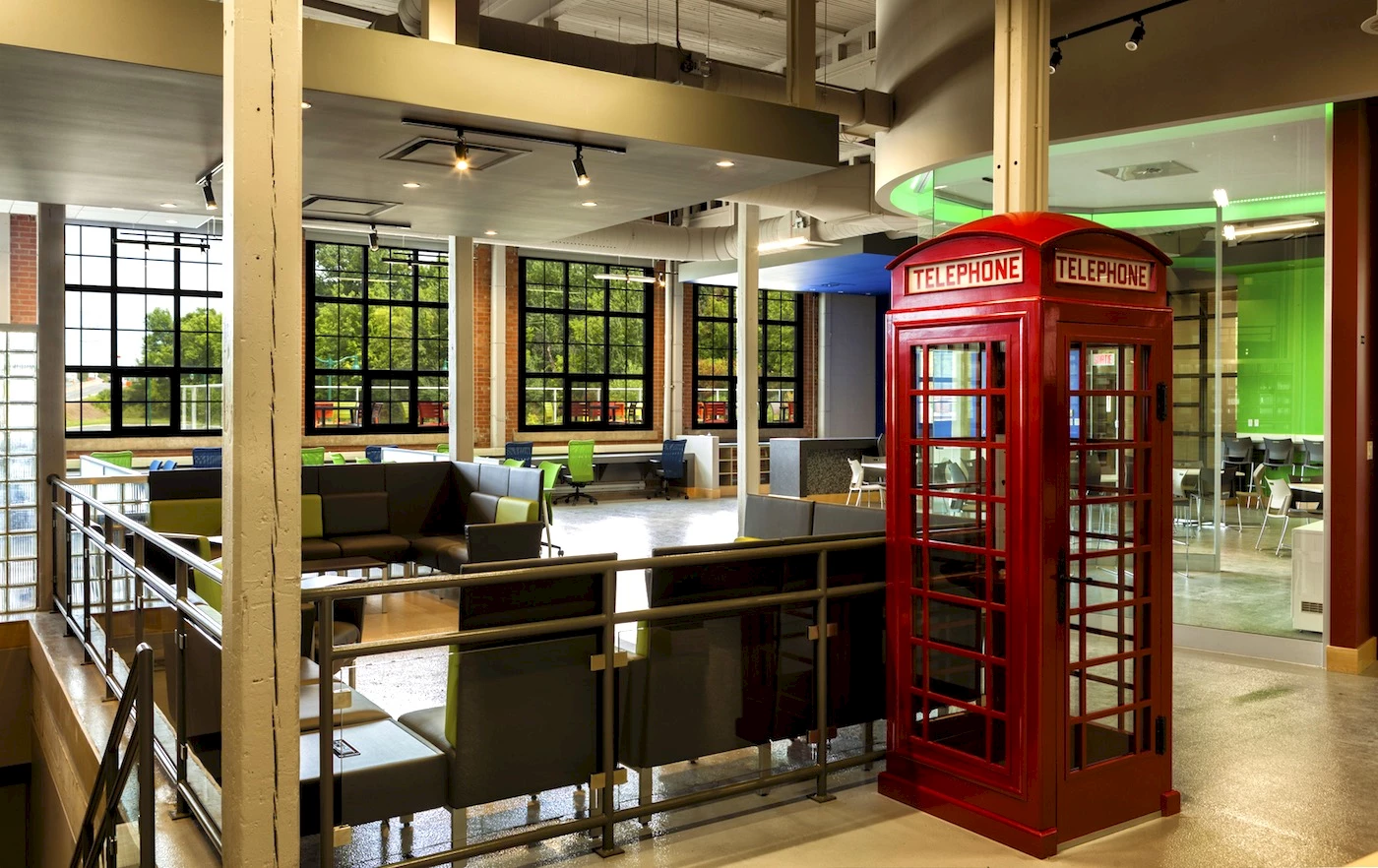Facebook has just made a surprising announcement: it is going to open a start-up incubator in Paris, called Startup Garage. This is the first experience of its kind for Facebook, and will help up to 15 startup companies fine-tune their projects in the field of data processing.
Why Paris? Well, its business and technology ecosystems are highly developed, to the point where Facebook opened its third artificial intelligence lab in Paris, after Silicon Valley and New York. Cynics will say it probably has more to do with the R&D tax breaks offered by the French government… which takes nothing away from the “multi-million euro” investment.
The Facebook incubator will be taking up residence at Station F, a complex set to open in April in the 13th arrondissement and which should eventually host some 1,000 start-ups. According to Anne Hidalgo, the city’s mayor, Paris, “with its 60 incubators, 85 shared workspaces and 35 laboratories”, has been giving its arch-rival London a run for its start-up money for about a year now.
Incubator or accelerator?
The terms are often, and erroneously, used interchangeably. Incubators focus on nascent companies with a promising idea, holding their hand over the medium to long term (6-12 months).
Accelerators, on the other hand, focus on companies with an actual project who need a leg-up to reach the development and marketing stage. Their involvement is brief and ad-hoc (3 months or less).
That said, incubators and accelerators have one thing in common: most are not-for-profit. At the incubator stage, projects are often overseen by academic, governmental or economic development institutions; while projects at the accelerator stage are usually financed through venture capital.

The emergence of incubators
The concept was born back in 1959, when Joseph Mancuso created the first business incubator in Batavia, New York. But it only spread in the mid-2000s, and especially as of 2005, with the stellar success of Y Combinator.
Since then, the model has traveled far and wide; in fact, the American National Business Incubator Association (NBIA) now has some 2,100 members in over 60 countries[1].
The concept works because the experience is like “immersive education”, says Brad Feld, cofounder of the global startup accelerator TechStars: “a period of intense, focused attention provides company founders an opportunity to learn at a rapid pace. Learning-by-doing is vital to the process of scaling ventures, and the point of accelerators is to accelerate that process. In this way, founders compress years’ worth of learning into a period of a few months[2].”
The concept seems to be bearing fruit: companies that graduate from an incubator/accelerator process do seem far more likely to succeed than others. According to the NBIA, 87% of these companies are still in business 5 years later, as compared to just 44% of those that don’t go through an incubator/accelerator process[3].
Three of these companies are in fact called “unicorns”, i.e. as rare and mythical as the fairytale creatures. Airbnb, Dropbox and Stripe, three private companies valuated at over one billion dollars, all went to incubator “school”.

What about Quebec?
Quebec also surfed the wave of start-up incubators and accelerators, counting several dozen such outfits in Quebec, with the Notman House and Montréal Ville intelligente in Montreal, plus many others all over the province, like the Centre d’entrepreunariat de Shawinigan, the Centre Entreprendre at Cégep Garneau and Le Camp in Quebec City, Espace-inc in Sherbrooke, the Société de Développement de Drummondville, etc.
According to entrepreneur, blogger and public speaker Kim Auclair, incubators “enhance companies’ chances of success simply by giving them concrete tools to maximize their chances.” New entrepreneurs are presented with a wealth of opportunities “to benefit from high-quality mentoring but also to extend their network of contacts, gain visibility and enhance their credibility”, says Ms. Auclair.
One of the major assets of these incubators is their versatility and wide-ranging expertise. According to Kim, joining an incubator allows entrepreneurs “to access advice from experts in several different fields that they might not otherwise be able to afford.”
What are the disadvantages of these projects? According to Ms. Auclair, “Each accelerator is different, so entrepreneurs must do their homework and select the right one for their needs. Accelerators aren’t for everyone.”
—
[1] Source nbia.org.
[2] Source brookings.edu.
[3] Source businessnewsdaily.com.
Photo credit: Station F, Willmotte & Associés, Paris. Centre d'entrepreneuriat Alphonse-Desjardins Shawinigan.

